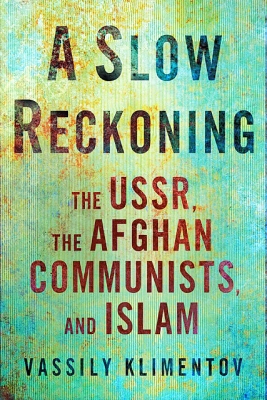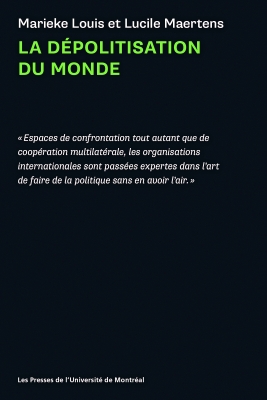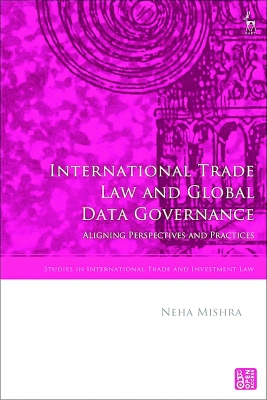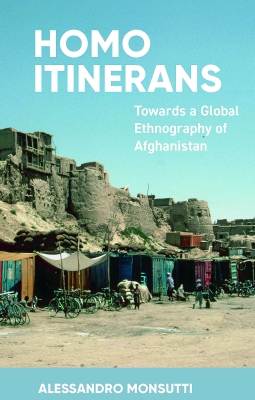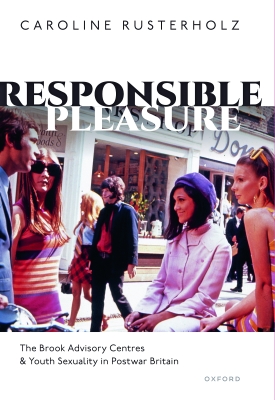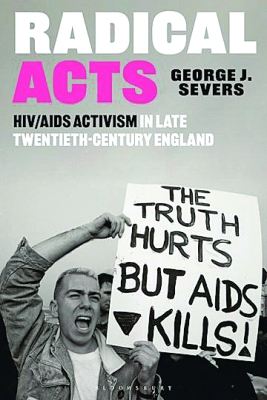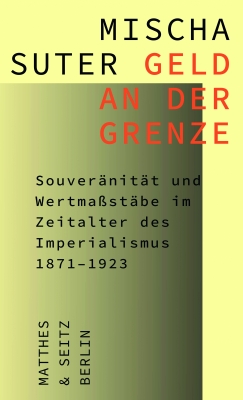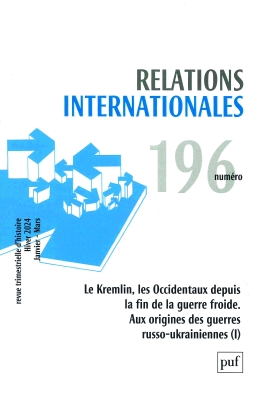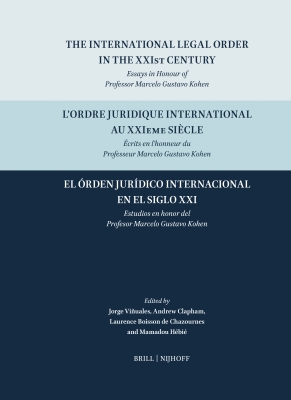
The International Legal Order in the XXIst Century
Essays in Honour of Professor Marcelo Gustavo Kohen
This collection of essays celebrating the work of Professor Marcelo Kohen from the Geneva Graduate Institute brings together the leading scholars and practitioners of public international law from different continents and generations to explore some of the most challenging issues of contemporary international law. The volume, edited by Jorge E. Viñuales, Andrew Clapham, Laurence Boisson de Chazournes and Mamadou Hébié, is a testimony of esteem and friendship from colleagues and former Institute students, and it covers a vast expanse, reflecting the width and diversity of Professor Kohen’s own contribution. Written in English, French and Spanish, the essays in this volume will appeal to a broad public of academics, practitioners and students of international law from around the world.
Brill. November 2023. Learn More.



